
I'm a professor in digital humanities & English at UC Santa Barbara. For public humanities, I founded http://4Humanities.org & co-founded https://center-humanities-communication.org/. My website: https://liu.english.ucsb.edu/ .. more
I'm a professor in digital humanities & English at UC Santa Barbara. For public humanities, I founded http://4Humanities.org & co-founded https://center-humanities-communication.org/. My website: https://liu.english.ucsb.edu/

Reposted by Alan Liu
Reposted by Alan Liu


Reposted by Alan Liu

Edited by @alanyliu.bsky.social, Urszula Pawlicka-Deger, and James Smithies
www.upress.umn.edu/978151791608...

Reposted by Frank Fischer



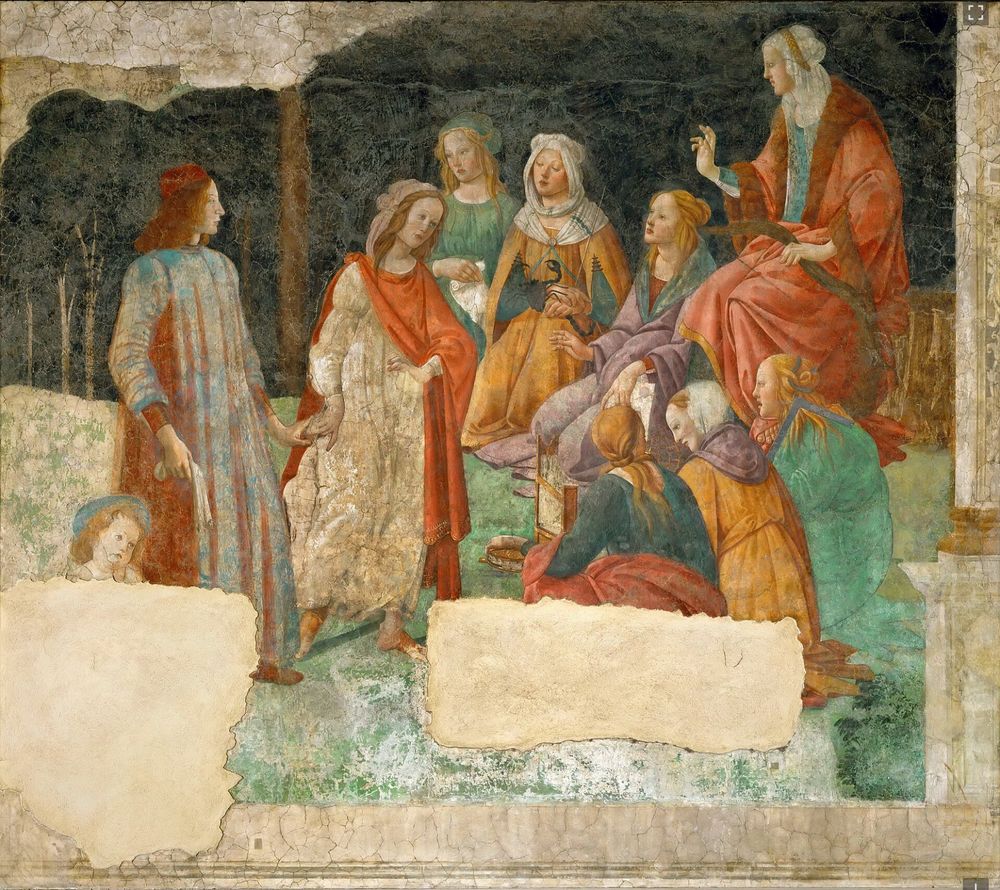
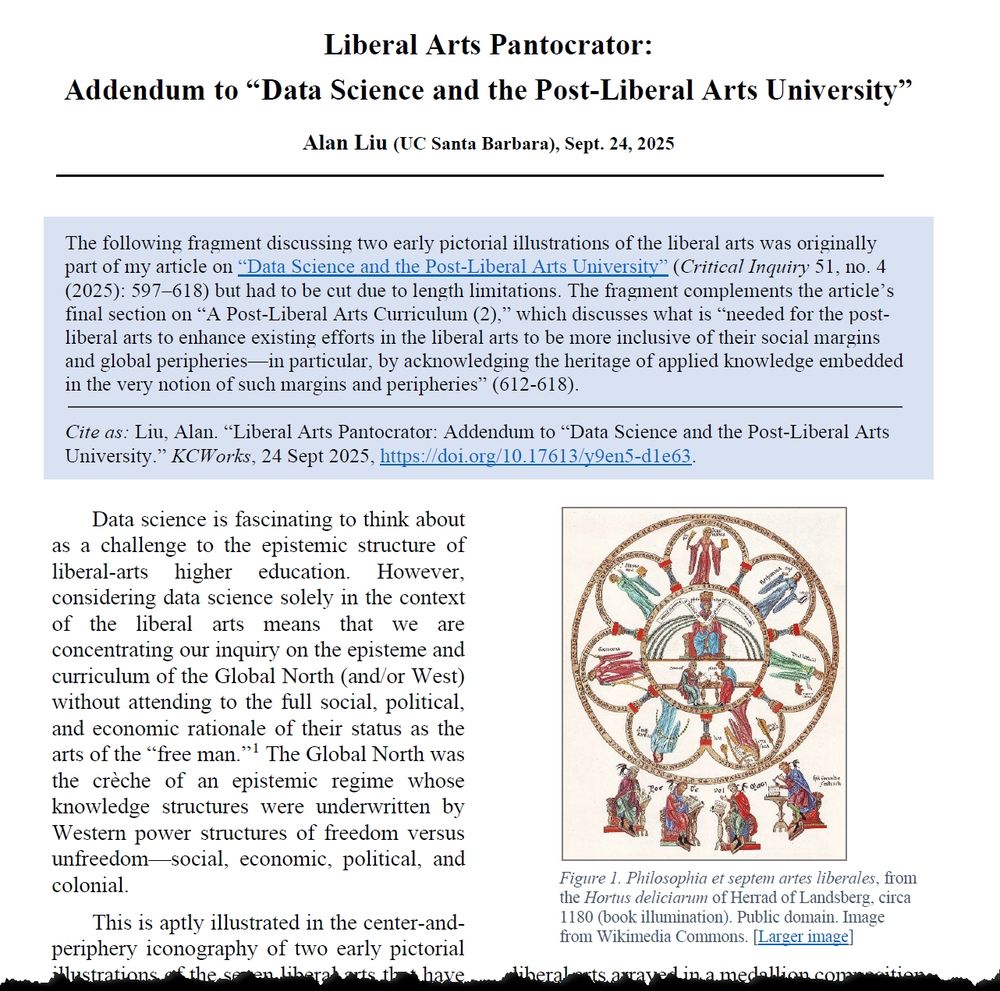
Reposted by Alan Liu
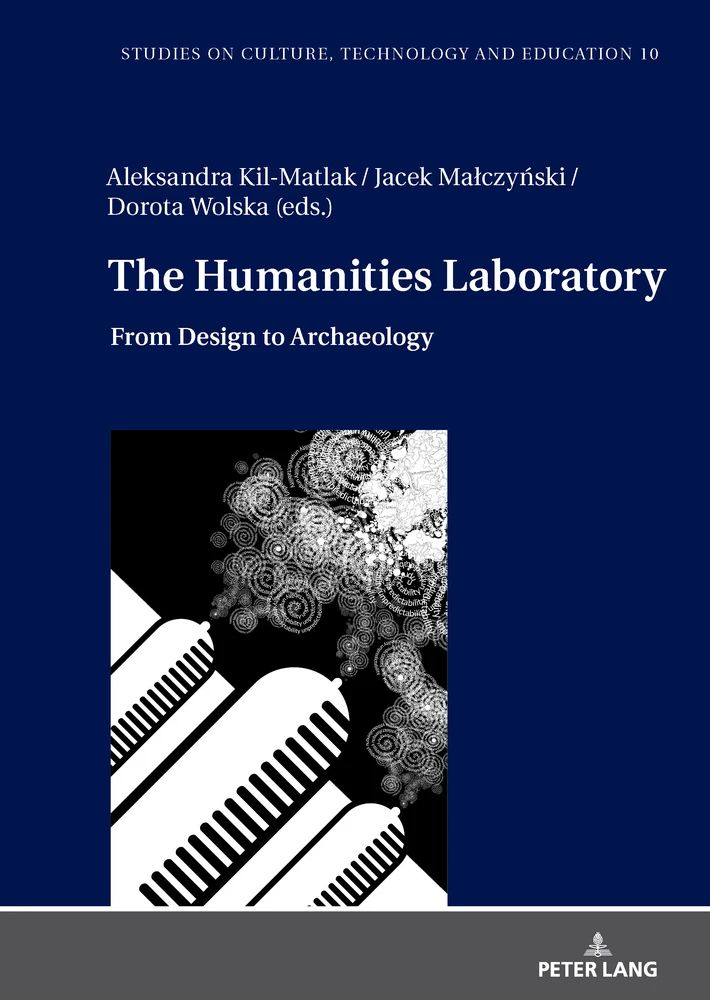

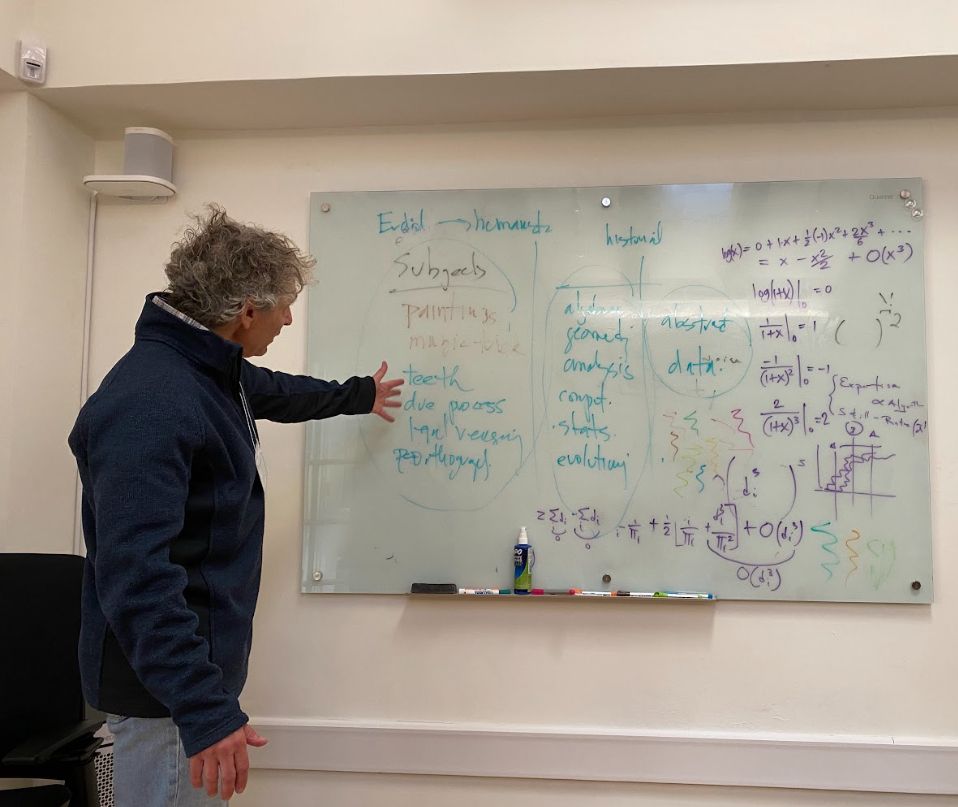

Reposted by Meredith Broussard, Stephen R. Carpenter, Brendan Nyhan , and 23 more Meredith Broussard, Stephen R. Carpenter, Brendan Nyhan, David Dunning, Martin Paul Eve, Maxwell Palmer, Giovanna Mascheroni, Devon Greyson, Smith, Alan Richardson, Jacob T. Levy, Margot C. Finn, John Hogan, Bessma Momani, Joanna Tai, David Murakami Wood, Urška Demšar, Greg Linden, Philip Bell, Albin Wagener, Alan Liu, Olúfẹ́mi Táíwò, Maksym Polyakov, Nathan P. Kalmoe, Gareth Terry, Carly D. Ziter

www.computerworld.com/article/4059...
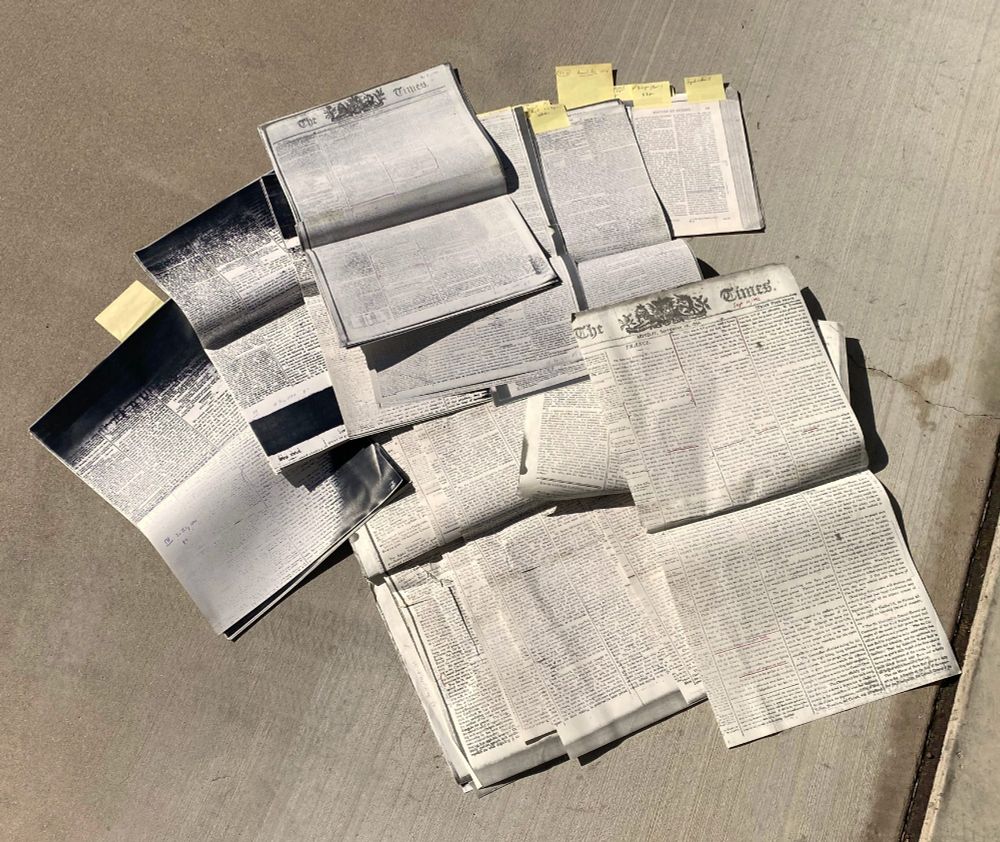
Reposted by Andreas Wagner, Henry Farrell, Tim Hitchcock , and 2 more Andreas Wagner, Henry Farrell, Tim Hitchcock, Jack Stilgoe, Alan Liu

